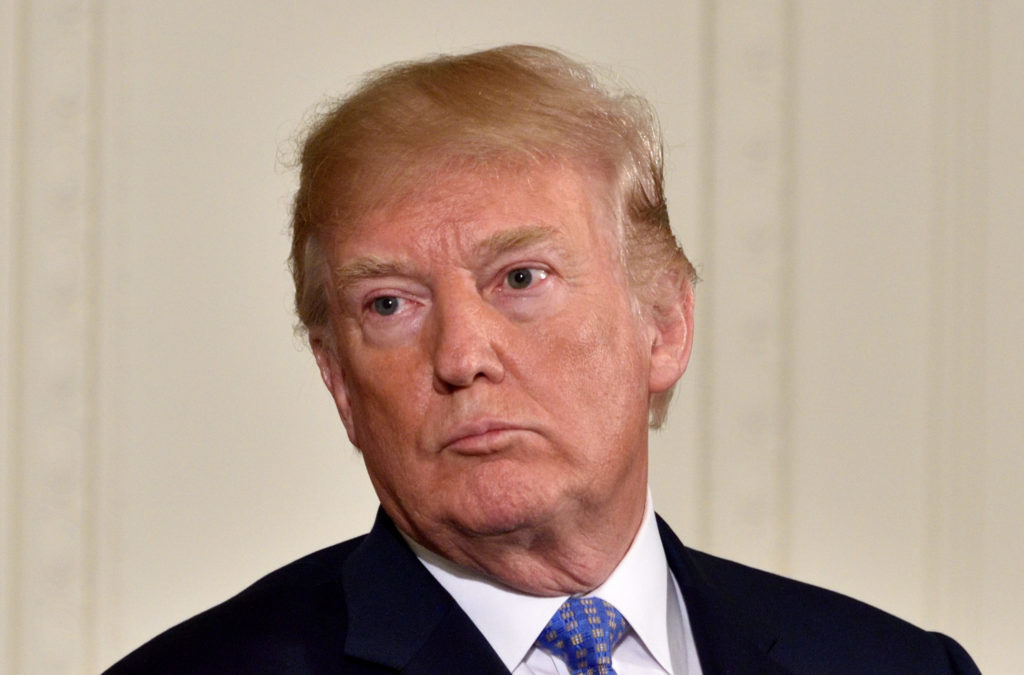Telling us what we already knew

There are at least three kinds of Trump books coming out these days. First is the hagiography, the kind written by the likes of former Trump Press Secretary Sean Spicer or former Trump aide and Queen of the Whataboutisms Kellyanne Conway. Those can be dismissed out of hand as pure fantasy with the odd little nugget of shocking truth thrown in to stimulate sales that will never happen. (They’d sell like hotcakes were it not for one thing: most MAGAs, by and large, either don’t read or can’t.)
Then there’s the confession, written by (or ghost written by) reformed former Trumpers who either want to clear their consciences, repair their tattered reputations or set the record straight about the secret role they played in averting disaster. You know, like the thousands of former members of the Vichy Government who claimed to actually be members of the Resistance.
Finally there’s straight up reportage, written by journalists who do the hard work and interview hundreds of people inside or near the Trump inner circle. These include books by people like Bob Woodward and Michael Wolff.
It is to this last category that I turn my attention. While these journalists write books that often contain the occasional shocking detail that we learn for the first time, the principle business of their books is, essentially, to tell us what we already know. In other words, the details may not be known to us but we’re seldom surprised by what those details reveal. We have received from these journalists an embarrassment of riches to remind us, not beyond a reasonable doubt but beyond the shadow of all doubt, that Donald Trump is a loathsome criminal.
That’s fine with me. Sometimes the obvious needs to be repeated, particularly in this age of incessant bombardment of multimedia input, just so it comes to and remains in the forefront of our conscious minds. For example, we always knew it was crap that when Trump said he couldn’t release his taxes because he was under audit he was lying. We knew that immediately because the IRS refuted that statement as soon as it came out.
It’s maddening that no reporter ever held Trump’s feet to the fire over that one. I, personally, could fill a book with my own laundry list of infuriatingly obvious questions that reporters should have asked Donald Trump but never did. One such question addressing this very topic could have gone something like: “Mr. President, sir, you have told us relentlessly that you would gladly release your taxes but you can’t because you’re under audit. The IRS says that’s a lie and you can release them any time you want. So my question to you, sir, is what’s the real reason? What are you hiding?”
We may have never had the satisfaction of hearing that particular question being asked (Jim Acosta, how did you miss that?), but at least now we know how the lie was originally formulated. All thanks to New York Times reporter Maggie Haberman who, in her new book (coming out next week, as I write this) “Confidence Man: The Making of Donald Trump and the Breaking of America,” puts herself in the room where it happened when that lie was first originally formulated by Donald Trump himself.
According to Ms. Haberman, Trump was discussing the issue of his tax returns with aides, including Corey Lewandowski (at the time his campaign manager) and his press secretary, Hope Hicks. The aides, Haberman says, pointed out that as Trump was about to be confirmed as the favourite for the Republican nomination, the problem needed to be addressed. “Trump thought for a second about how to ‘get myself out of this,’” Haberman writes. “He leaned back, before snapping up to a sudden thought. ‘Well, you know my taxes are under audit. I always get audited,’ Trump said … ‘So what I mean is, well I could just say, ‘I’ll release them when I’m no longer under audit. ‘Cause I’ll never not be under audit.’”
So when Trump applied his famous “two weeks” deadline to when he could release his taxes, he consigned their release to the same purgatory to which he condemned the infrastructure, the completion of his wall and his “beautiful plan” to replace Obamacare. In other words, folks, it was never going to happen.
Another infuriatingly obvious question just now occurs to me that no reporter (as far as I know) ever asked Trump: “Mr. President, sir, you have told us relentlessly that you would gladly release your taxes but you can’t because you’re under audit. And yet right now you are fighting furiously in court to keep them from being released. So which is it? Why did you lie to us? What do you have to hide?”
Today, of course, we know the details of what Trump was hiding. Trump’s tax returns were eventually revealed by the New York Times, showing that he paid little federal tax. And, of course, they are part of a devastating civil suit being recently brought by Letitia James.
But it’s nice to be made a part of the moment that the lie about his tax returns was concocted by Donald Trump himself. Details aside, I would like to thank Maggie Haberman for reminding us of what we already know, that Donald Trump is an unregenerate, disgusting felon. Well done, Ms. Haberman, well done. And, as ever, ladies and gentlemen, brothers and sisters, comrades and friends, stay safe.

Robert Harrington is an American expat living in Britain. He is a portrait painter.
